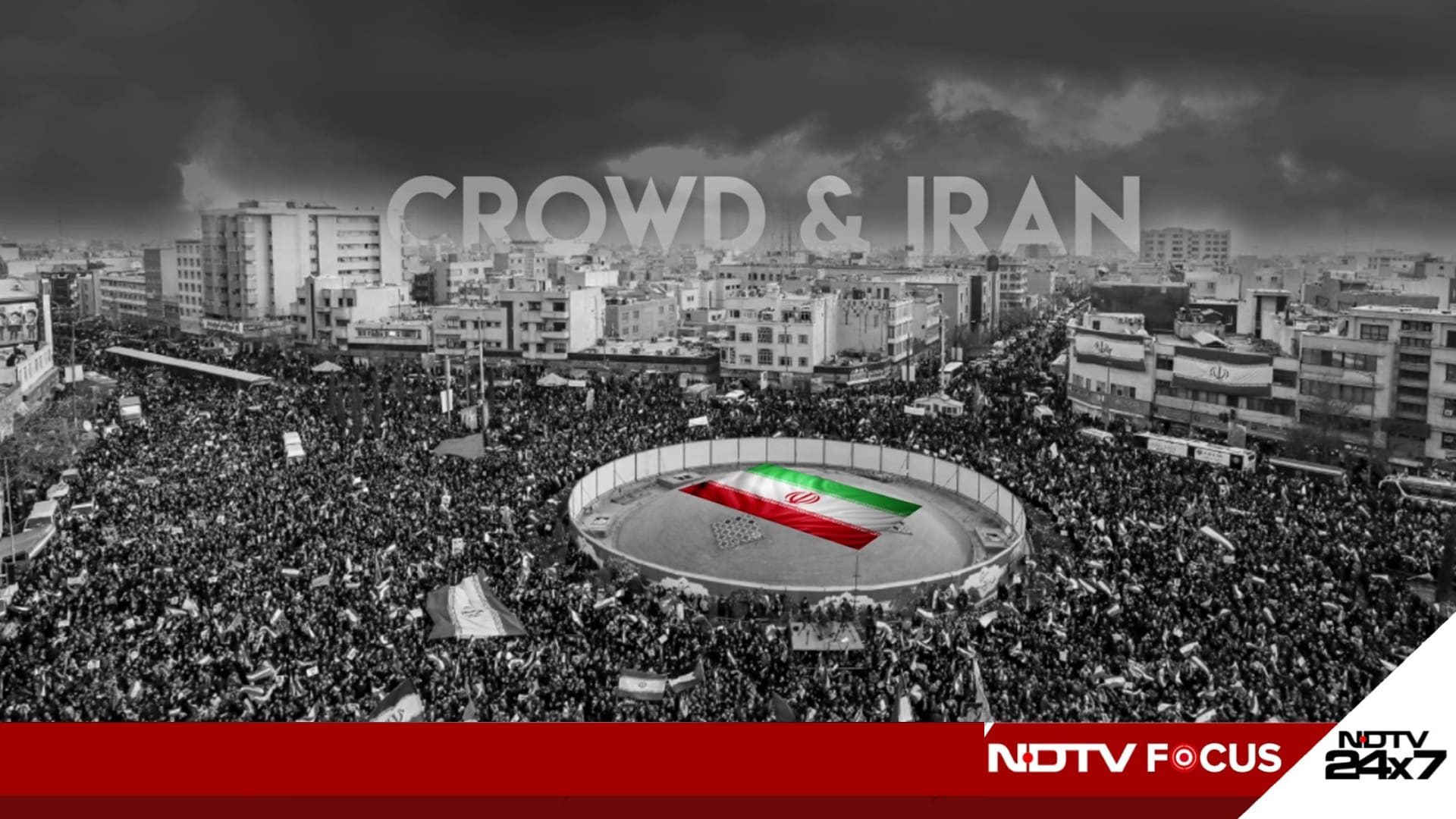Meira Kumar, former minister, Lok Sabha Speaker and a Presidential candidate, reacted with a visceral tweet on Tuesday to the death of a 9-year-old in Rajasthan. The boy was beaten badly by his teacher for drinking water from a pot meant for the so-called upper castes. Her father, former Deputy Prime Minister and Dalit leader Babu Jagjivan Ram, Meira Kumar said, was beaten for a similar reason a hundred years ago. “Now, 75 years after Independence, India has not changed. Nothing has changed,” she told NDTV in an exclusive interview.
100 years ago my father Babu Jagjivan Ram was prohibited from drinking water in school from the pitcher meant for Savarna Hindus. It was a miracle his life was saved. 1/2
— Meira Kumar (@meira_kumar) August 15, 2022
“I asked my father. ‘Why did you fight for freedom? This country did nothing for you. It has given nothing to you or your ancestors’. He said, ‘Free India is going to change. We will have a caste-less society’. Glad he’s not there now,” Meira Kumar said.
Things did not change for her either, added the 77-year-old. In her case, there were “snide remarks, gestures, open statements made to me”, Meira Kumar said.
Narrating an anecdote to show how the caste system has travelled beyond the borders of India, she said when she was looking for a house on rent in London, the owner, who was a Christian, asked about her caste.
“I liked the house and said I will shift. When he was leaving, he shot a last question. ‘Are you a Brahmin?’ I said ‘No, I’m not a Brahmin. I’m a Scheduled Caste. Do you have a problem?’ He said ‘No’. But he did not give me the house,” she added.
“It is supposed that Dalits are foolish. But Dalits have feelings, intellect. We know when we are being humiliated,” she said.
“My father achieved so much but even today, he is called a Dalit leader. He achieved so much, but was still defined by his caste… My father was Deputy Prime Minister and he was humiliated and he was asked to go and many casteist slurs were said,” she said.
From her father’s life, she shared another instance. When Babu Jagjivan Ram, as a Deputy Prime Minister in 1978, had gone to unveil the statue of Sampurnanand, he was humiliated.
“Jagjivan, chamar, go away,’ they said. And they washed the statue with Ganga Jal. Because it was polluted. So you see, the caste system embraces everyone,” she said.
Asked why the casteism is so entrenched and whether it is possible to come out of it, she said there has to be political and social will.
“I asked my father, why doesn’t the caste system change. He said, if your basic needs are met, roti, kapda, makan (food, clothes and housing), money for healthcare, then you need two things — love and respect. You can get love. That’s easy. But it is difficult to get respect. It is hard work. You have to toil so much. Those who have a hold on the system will never let it change,” she said.
Today, there are so many examples of change in various fields. “But where is the humane factor? There’s so much poison, hatred, violence in the minds of people. Everyone pities the Dalits, I have an objection to that,” she said.
The political class, she said, is responsible for voting on caste lines. “But to put the burden only on the political class and political system will be to get the issue lost. You’re not addressing the main issue of how to get rid of the caste system. That’s why I don’t want to discuss which party is ruling which state. That’s just statistics,” she said..





